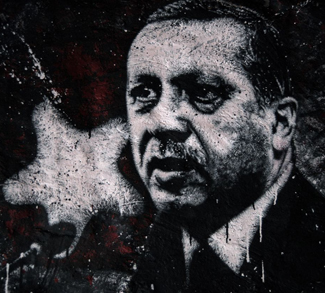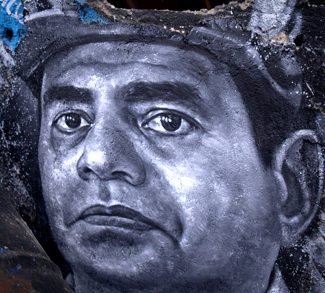The past few years have been turbulent for Lebanon. In addition to Covid-19 and the resulting economic catastrophe, Lebanon saw the growth of the 2019 October Revolution protest movement, the explosion of the Port of Beirut, and in July Najib Mikati was named Prime Minister-designate for what could be his third stint in the job.
The lack of definitive action by Mr. Mikati’s predecessor to manage the pandemic and economic fallout poses an existential threat to the stability of Lebanon. While there is no silver bullet in governance, one solution to Lebanon’s many recent troubles can be found in an unexpected place: the census.
Lebanon still employs a confession-based allocation system for political offices—where the top three offices are required to be held by members of certain religious traditions—that began with the creation of the Republic of Lebanon in 1943. While the proportion of seats in parliament was adjusted in 1990, the top three offices have not been reconsidered since the founding of the republic, and a complete census has not been conducted since 1932. The premiership has always been held by a Sunni Muslim, the presidency by a Maronite Christian, and the parliamentary speakership by a Shi’a Muslim.
While statisticians have published estimates over the years, the absence of a complete census means that it is impossible for the Lebanese government to have a complete understanding of the demographic dynamics of their country. Still, political leaders remain uneasy about the results of a new census shifting the balance of power in the country.
The aftermath of the Port of Beirut explosion, the failed attempts to form stable governments, and sustained protests make now the moment for Lebanon to conduct its first census in almost nine decades. The census would build a sense of political legitimacy, provide an outlet for the unrest and energy that led to the 2019 protests, and build a basis for unity in Lebanon.
First, and most importantly, conducting a census would strengthen the political legitimacy of the Lebanese government. The Republic of Lebanon—and any democratic government—relies on the consent of the governed. With a population that has demanded the resignation of the new prime minister only recently, gaining the consent of the governed and building a sense of political legitimacy should be the top priority for Lebanon’s leaders.
Conducting a census restores faith in representative democracy. Mr. Mikati’s new government cannot act as if last year’s protests did not happen or if the complaints of the Lebanese people have been addressed. The new government must own the mistakes of the past and rebuild the trust of the Lebanese people. Learning and then governing based on empirical demographic data is a strong gesture to rebuild the people’s trust.
Finally, by conducting a census, the energy and discontent that fueled the protests in 2019 and 2020, the recent ouster of the government, and last year’s explosion in Beirut, can be mobilized to create positive change. The demonstrations led by young Lebanese activists in recent years illustrate a commitment to building a stronger, fairer Lebanon. If these energies are redirected into organizing, gathering, and compiling census data the government and activists could both feel ownership of the census and the positive change it could spark for Lebanon.
Finally, conducting a census is a valuable opportunity to build unity. Lebanon is historically divided along numerous sectarian and ethnic lines; having a complete picture of how the Lebanese population views itself is not just meaningful to politicians and decisionmakers, it allows all Lebanese people to better understand the country in which they live. One cannot embrace and unite a people if they do not first seek to understand them. Regardless of the potential political reward of conducting a census, the social potential for bringing the Lebanese people together ought to be reason enough.
While conducting a census is no easy task, requiring a sizable human and financial commitment, Lebanon has the labor to do it. International institutions have funding available to conduct censuses to strengthen representative democracy and international development programming; this would provide the much-needed influx of capital allowing the government to afford such a feat. Lebanese youth unemployment has hovered just above 17 percent for the past decade. The potential combination of available capital and census workers makes a census an excellent project for Lebanon politically and economically.
Fears around conducting a census are not unfounded. Each sect fears that if their portion of the population declines, they will have less leverage in national politics. There is not a plan in place for reallocating key offices if the population were to be found to have shifted drastically. There is also a lack of clarity around the role of Lebanon’s religious and civil courts in the allocation process. As each sect shares this concern, they all have a vested interest in addressing this potential problem before completing the census. The leaders of each sect and political party could work together to build a plan of action that allays each group’s fears.
Mr. Mikati’snew government has a long to-do list. Taking the time to conduct a census, building the legitimacy of the government, mobilizing young Lebanese activists, and facilitating a sense of unity is a low-risk proposition with the potential for high reward.
The views expressed in this article are those of the authors alone and do not necessarily reflect those of Geopoliticalmonitor.com




